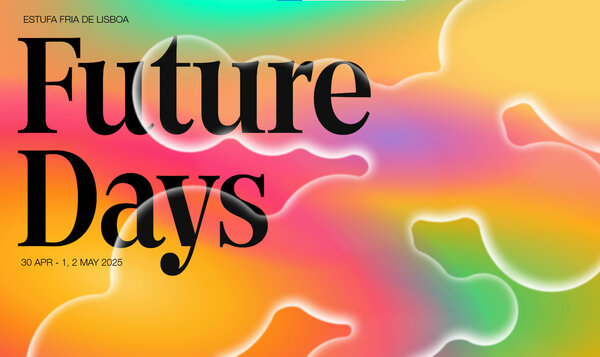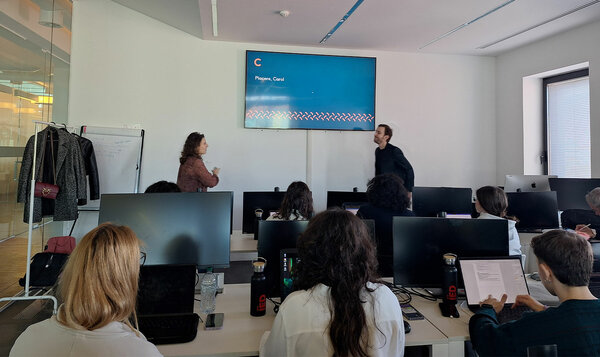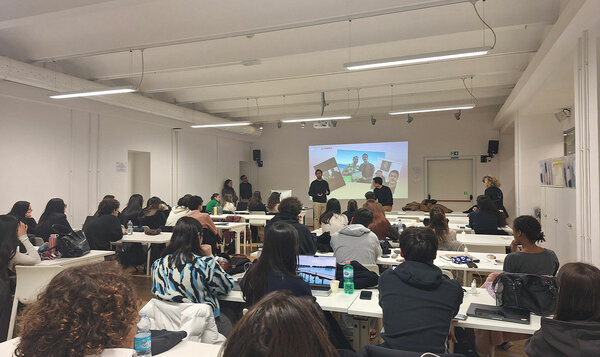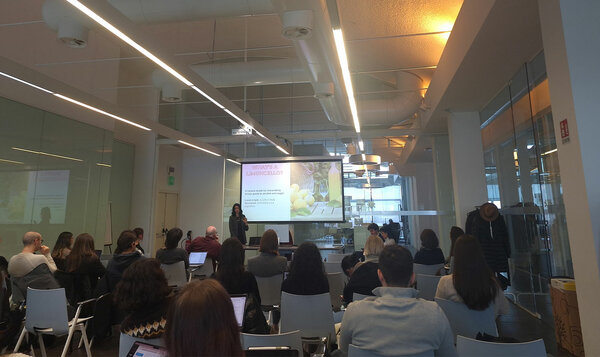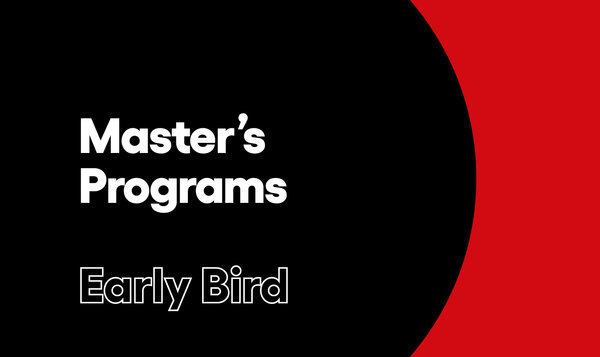The magazine Forbes Italy featured the insights of the Coordinator of the Specialization Course in Artificial Intelligence for Communication Strategies at IED Milan

AI and communication: the ability to ask the right questions as the key to success
Date
11 November 2024
Matteo Sbarra is the Chief Strategy Officer at Connexia, the Marketing and Communication practice of the MarTech company Retex.
With over 12 years of experience in strategic consulting, he currently leads the team responsible for analyzing and implementing strategic initiatives to support brand communication, with a strong data-driven focus and specific expertise in generative AI integration. Matteo also coordinates the Specialization Course in Artificial Intelligence for Communication Strategies at IED Milan. In this article, he explains how artificial intelligence can be a fundamental support resource: it can filter and gather information, accelerating work processes, and enhance creative processes. However, despite its considerable support, it is essential to assess its limits and risks to make the most of every aspect.
Below are some excerpts from the conversation with Matteo Sbarra.
“It won’t be artificial intelligence that steals your job, but rather someone who knows how to use it better than you.” This statement perfectly captures the ongoing transformation in marketing and communication. The idea that AI cannot compete with humans in creative processes is now outdated.
Today, brands and professionals view AI as a strategically, valuable not only for optimizing efficiency but also for generating new value: more and more companies are open to investing in customized AI, designed to reflect their unique style and tone of voice.
Beyond efficiency: enabling what was once impossible
AI’s true potential lies not in improving what we already do but in making possible what was previously unimaginable. For example, it allows real-time simulations of conversations with consumers to gather insights. This not only enhances traditional research methods but also enables exploration of scenarios that were once unthinkable.
AI thus becomes a work partner, capable of supporting professionals in discussions and reasoning. While it may sometimes produce inaccurate responses, since the flawless colleague has yet to be invented, its speed in generating ideas broadens the range of possibilities, leaving professionals to make more informed decisions.
AI and Strategy: accelerating stimulus collection to connect the dots
In the strategic process, artificial intelligence plays a crucial role. Idea generation isn’t a single moment but a process, divided into two cyclical phases: divergence and convergence. During divergence, stimuli are collected from various sources, while in convergence, these stimuli are connected to generate ideas.
AI accelerates the divergence phase, enabling the rapid gathering of a vast amount of information while filtering out the obvious. Additionally, this technology drastically speeds up the learning curve needed to become “experts” on a specific topic, allowing professionals to quickly acquire knowledge that would have previously taken much longer.
This allows professionals to focus more on the strategic part of the process: connecting stimuli to reach innovative solutions. In this way, strategists can concentrate on the essence of the idea, while AI supports and speeds up much of the preliminary work.
The Shift: from answer to question
The introduction of AI has transformed how we approach creative and strategic challenges. Previously, the focus was on finding the right answer; today, with AI, the emphasis shifts to formulating the right questions.
The input we give to AI determines the quality of the output. And, as many suggest, the ability to ask the right questions is key to success. This approach aligns with the concept of Shoshin, or beginner’s mind, which encourages curiosity and open-mindedness.
AI becomes a constant prompt to explore new paths and ask deeper, more targeted questions before arriving at solutions. This way, it pushes us to think more structurally and strengthens our critical thinking.
AI and problem formulation: the heart of strategy
This shift in perspective brings us to another fundamental aspect: the importance of proper problem formulation. The success of a strategy doesn’t depend only on the creativity of the solution but, above all, on a clear understanding of the problem.
AI forces us to be more precise in defining our challenges, as a clear grasp of the issue is the starting point for achieving effective results. When we are compelled to accurately define the problem, the decision-making process becomes more rigorous and focused.
AI requires us to break down and analyze the challenge in a more structured way, helping us identify the true priorities and key issues to address. This makes problem formulation a crucial phase that not only influences the entire creative process but also determines the effectiveness of the adopted solutions.
Risk Management
Despite its many advantages, this technology also presents certain risks. The most apparent are the potential for unclear information and the risk of relying too heavily on technology, abandoning critical thinking.
Artificial intelligence, advanced as it may be, is not infallible and always requires careful human guidance. Its use should be managed cautiously, much like adding salt to a dish: it’s valuable at the start of the process for generating ideas and gathering stimuli, and at the end, for refining outputs. However, in between, it will always be human creativity and critical judgment that make the difference.
